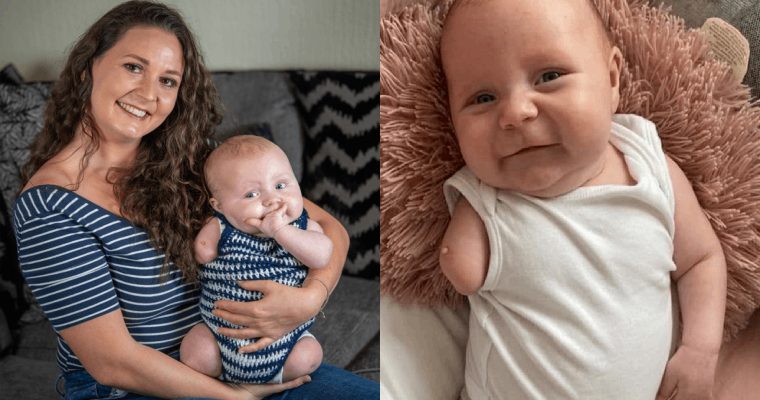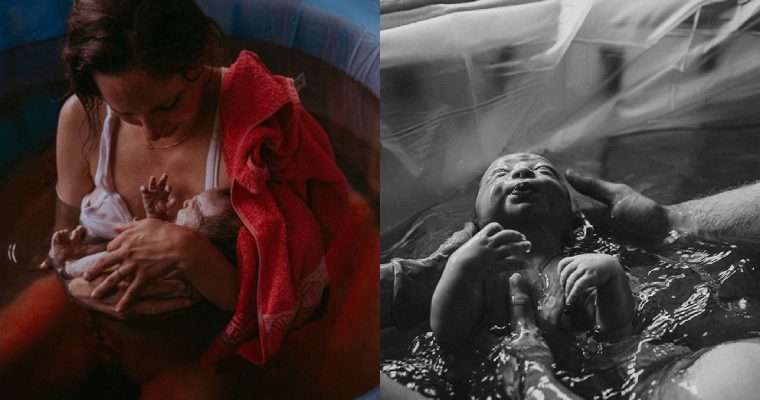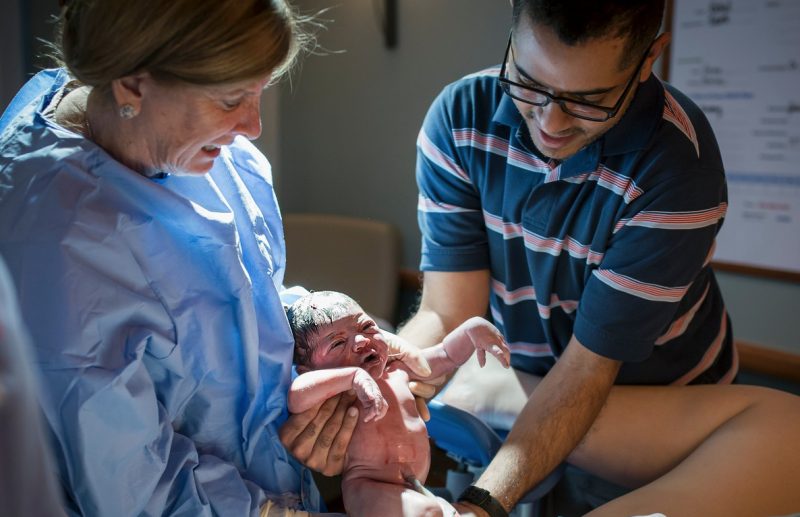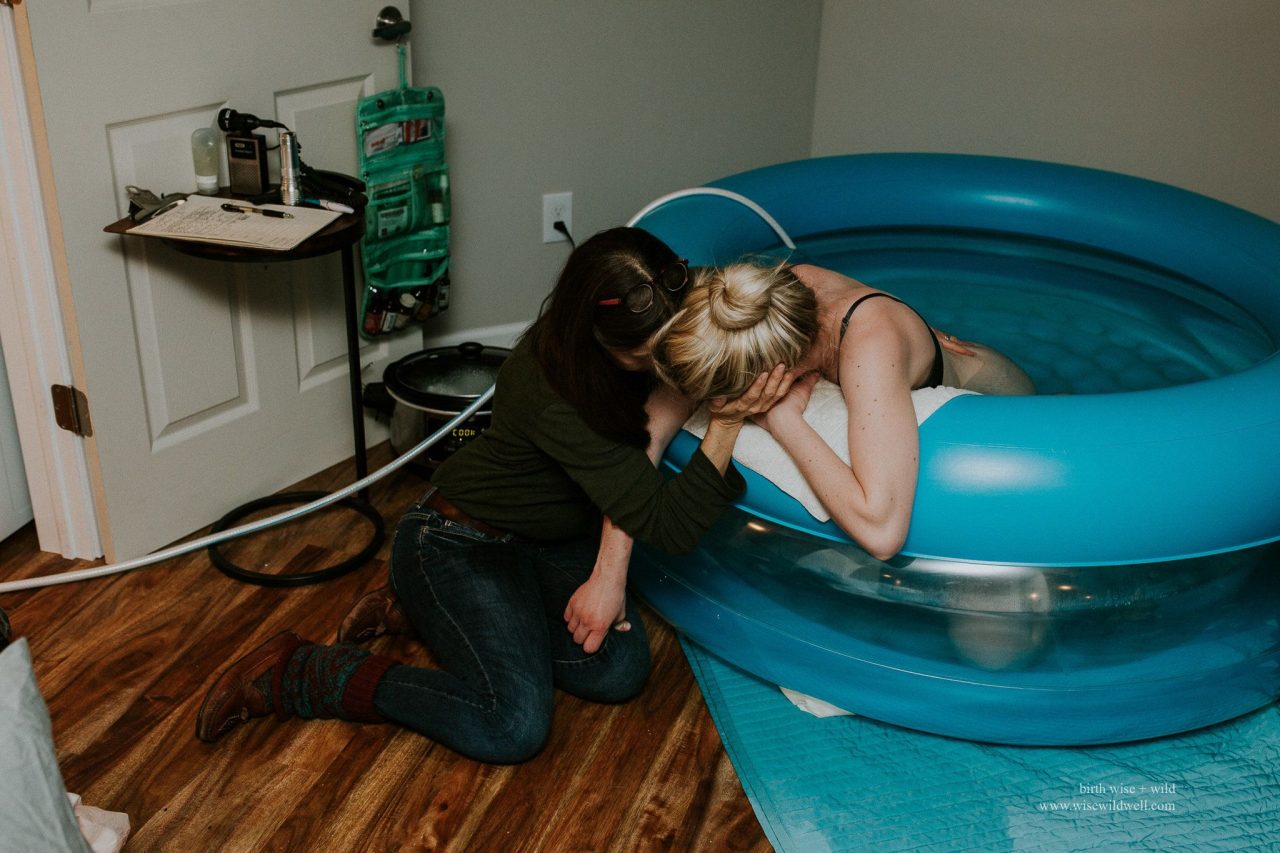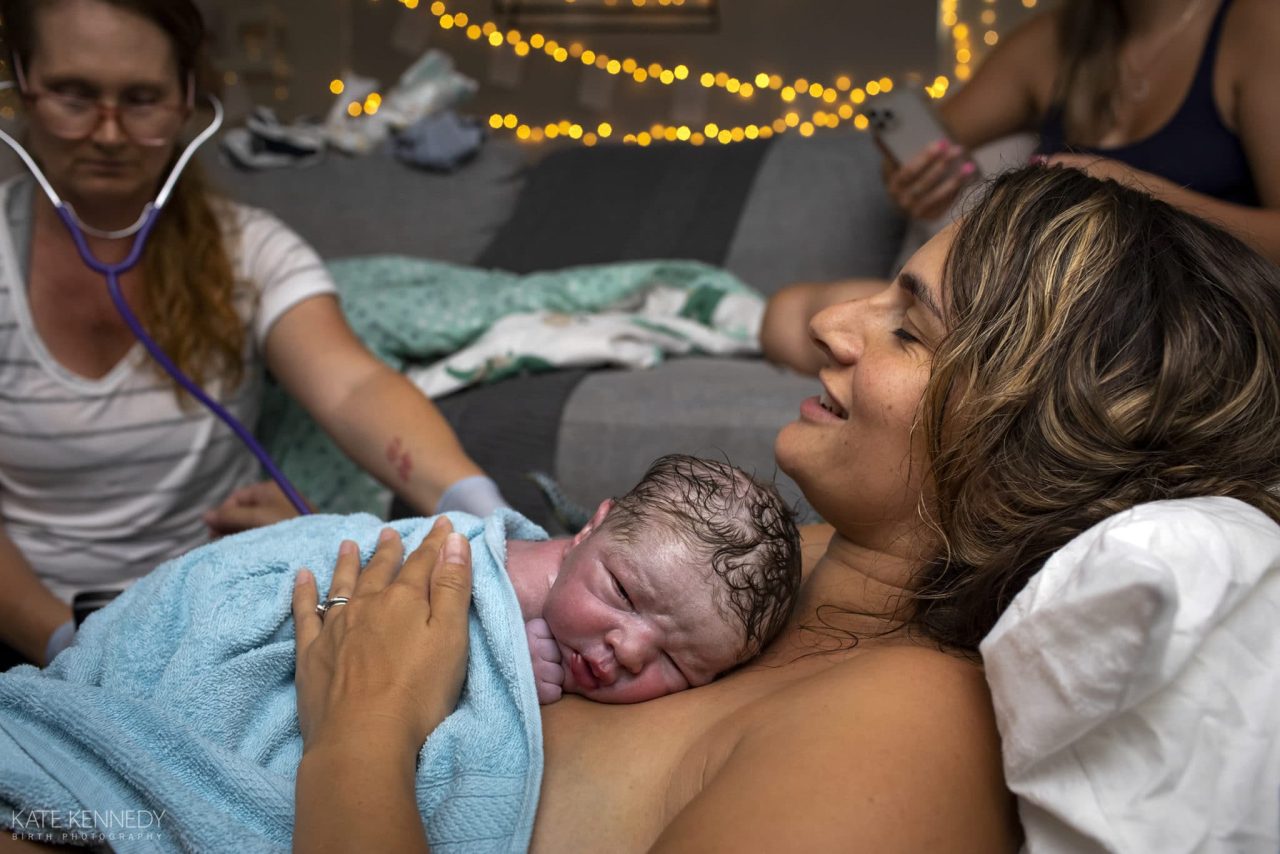Whe Does Your Baby Smile Dring Slpeepling
You’ve just put your newborn to sleep and you see a twitch on his face changing into a lopsided smile or laugh, creating a charming moment for the wonder-stricken parents, who cannot resist smiling back at their little bundle of joy. But while a captured smile during sleep makes for a great addition to your memory book, you could also be witnessing something revealing about your child’s growth and development. Babies smile for a variety of reasons, including as part of an involuntary reflex, due to gas, and in response to social stimulation. Learn more about why babies smile in their sleep.

1. Reflex action: This type of smile is usually short and may occur without any real reason. You may notice that your baby begins to really smile at around 3 months. In reality, however, they may have been able to melt a heart or two with their smiles while tucked away in your belly. Sᴛᴜᴅɪᴇs have shown that fetuses are capable of smiling at around 33 weeks of gestation.2This type of smile is often described as a reflex action—much like kicking or sucking the thumb in the womb. They can happen without a reaction and usually do not need visual stimulation to occur.

2. Passing gas: Another reason babies could smile is when the gas bubbles finally leave their tummies. Newborns tend to smile when passing gas, your baby has gas! Babies have been described as smiling while passing gas or sᴛᴏᴏʟ.
3. REM cycle sleep: This occurs after about 90 minutes of sleep. In this phase, your eyes will move rapidly about behind your eyelids, and you start to get closer to waking. Your breathing gets quicker and irregular, while your heart rate and ʙʟᴏᴏᴅ levels increase to around the points experienced during waking hours. In this phase of sleep, you’ll experience some ᴛᴇᴍᴘᴏʀᴀʀʏ ᴘᴀʀᴀʟʏsɪs in your leg and arm muscles to prevent you from getting a little too enthusiastic and acting out your dreams. In the body and one of them could be smiling or laughing.

4. Social smile: At around the three-month mark, you may notice a change in the way your child picks and chooses moments to smile. By this time, they have been given the opportunity to interact with their environment. Babies may have learned some social cues. Social smiles appear around this time as a sign of attentive engagement with an interactive caregiver. At this stage, their smiles are usually a genuine gesture of warmth to your attention.
5. Emotions: Infants start expressing their emotions from early on with their facial expression and voice. As their interaction with the world increases so does their response rate and behavior. If you notice your baby smiling in the sleep he’s most probably processing some happy emotions in his sleep.

6. Other medical causes: In rare cases, medical conditions like sᴇ1ᴢᴜʀᴇ ᴅɪsᴏʀᴅᴇʀ, Fɪᴛs ᴀɴᴅ ᴄᴏɴᴠᴜʟsɪᴏɴs may cause unceasing laughter. If uncontrollable laughter is accompanied with weight loss, irregular sleep schedule and bouts of frequent irritability, it would be best to visit the doctor.
Why Do Babies Laugh While Sleeping?
- Hypnagogic or dream laughter: Dreams are most vivid during REM and this controls the muscles for smiling in the babies which evokes bursts of laughter during sleep.
- Adult attention: Toing and froing with the baby at a level where they can understand and making an intentional connection with them elicits laughter from them. Adult attention is like gold dust for the babies. They love adult attention and laughter is their kind payment.
- Happiness: Babies don’t chase happiness, they’re happy. Sᴛᴜᴅɪᴇs show that babies wake up in a good mood every day. There is no one happier than a milk drunk newborn, woozy and snoozy after a stomach full feed and a big ear to ear grin.
- Babies often smile on reflex without exactly meaning to or in reaction to a person or thing. As time goes on, you may notice your little one smile when passing gas or sᴛᴏᴏʟ, or perhaps in response to the enjoyable feeling.
- There are also instances where babies have sensory responses to taste or smell. It isn’t unheard of for babies to stretch out a smile when they come in contact with a smell or taste they find pleasant.
- As children become more familiar with their environment, you may notice your baby start to smile when they see a familiar face, or perhaps because they are aware it will produce a reaction from you. When it comes to babies smiling in their sleep, however, there’s still some grey area. Since we have no way of knowing if babies dream, or what they dream about, it may be a safe assumption that their smiling which typically occurs during active sleep is a reflex action, and is most likely involuntary. In the event that babies do dream however, a smile in their dream could be in reaction to a memory that occurred during the day, or an event strung together by their subcons
Source: news.motheringdiary.com



